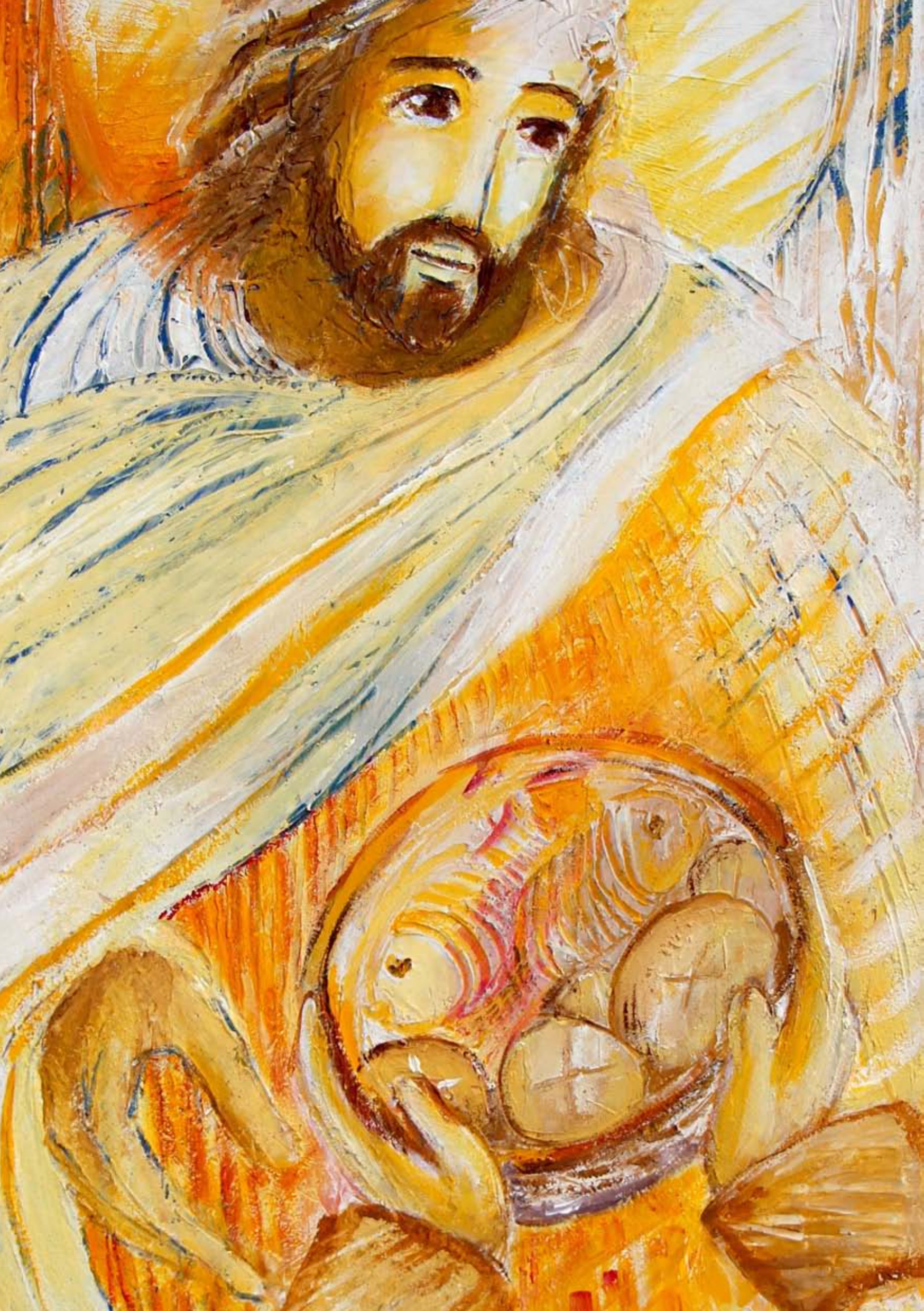
Fr. Ferdinando Colombo: Feeding the Hungry
Actualizing the works of mercy through the eyes of Fr. Ferdinando Colombo
Every year, nearly 11 million children die before they reach the age of 5; malnutrition accounts for 53 percent of these deaths. In Europe still 79 million people live below the poverty line. An average of 8.7 billion euros is thrown away each year in Italy due to food waste. By now when it comes to food we think only of our gluttonous desires–and the advertisements certainly don’t help–buy, eat, buy again.
Nearly 850 million of planet Earth’s inhabitants (of the more than 7 billion who inhabit it) are still burdened by chronic hunger (defined as the intake of less than 1,800 kcal per day), while 1.3 billion are in a completely different situation, in conditions of obesity and overweight (FAO report “The State of Food Insecurity in the World-SOFI 2013”).
In the poor countries of the southern hemisphere, the problem is often one of being able to eat something, because the scarcity of food or its hoarding by the few who take it from the many is a real and manifest fact. One is starving, undernourished by hunger, weak to the point of easily contracting diseases, with no strength in the body to fight them: all this is just the epiphanic sign of the injustice of the world, a place where some “feast lavishly every day” (cf. Lk. 16:19), live in splendor, flaunt riches and display their arrogant power.
For us believers in the God who “gives bread to all flesh” (Ps. 136:25), that is, to every living person, this situation of hunger seems unjust and absurd, a true contradiction to the goodness of God who wants life in abundance for all his creatures.
And so we are led to discover that the earth has been given to all; that the table set with the world’s goods is for all; that no one can say that something is only “his,” depriving the other of it; that riches are distributed unjustly, so that humanity paradoxically has come to suffer because one part of it is obese, while another is starving (Enzo Bianchi).
Don Benzi wrote: “There is a difference between service and sharing. Service asks for performance, sharing asks for belonging. The poor man you meet is a heart to be understood, not a stomach to be filled. If you treat him like a hungry stomach into which you throw noodles and roasted meat, one day he will vomit it up. The poor man is a person with wonderful gifts that he carries, with a mission to fulfill. The poor man waits for your hand before you throw a used dress on him. If you treat him like a mannequin on which you throw more or less worn-out clothes, he will one day throw them at you violently, rejecting your person. He wants you to ask his forgiveness because you have everything: he has been robbed of everything by that society that has given you so much that you allow yourself to give crumbs to him, wounding him in his dignity, humiliating him. Stop with the homeless man along the streets: talk to him before you open your wallet. Get into dialogue with the window cleaner, don’t see him as a nuisance, talk to him in his humiliation and he will understand.”
Says the Catechism of the Catholic Church (number 2463): In the multitude of human beings without bread, without shelter, without a fixed abode, how can we not recognize Lazarus, the hungry beggar of the parable? How not to resent Jesus, “You did it to me; did you not do it to me?” (Mt. 25).
The apostle James says, “If a brother or sister is without clothing and lacking in daily food and one of you says to them, ‘Go in peace, be warmed and filled,’ but you do not give them the necessities of life for the body, what good is it?” So also faith: if it is not followed by works, in itself it is dead” (Jas. 2:15-16).
We remember Jesus when he says, “Man does not live by bread alone, but by every word that comes from the mouth of God…” (Mt.4:4). When a Christian feeds the hungry, he does not work in his own name but in the Name of Him who is infinite Mercy, who feeds the hungry with daily bread and who made Himself Food in the Eucharist, Bread of eternal life, nourishment par excellence. We say it in the Lord’s Prayer, “give us this day our daily bread….”
An infinitely more important and necessary food: Jesus Christ Himself! “I am the Bread of life. I am the living Bread that came down from heaven. If anyone eats of this bread he will live forever, and the bread that I will give is My flesh, for the life of the world” (Jn. 6:48-51).
Send me someone to love, by Mother Teresa of Calcutta
Lord, when I am hungry, give me someone who needs food;
when I have sorrow, offer me someone to console;
when my cross becomes heavy, let me share another’s cross;
when I am humbled, let me have someone to praise;
when I am discouraged, send me someone to encourage;
when I need the understanding of others, give me someone who needs mine;
when I need to be taken care of, send me someone to take care of;
when I think only of myself, draw my attention to another person.
Make us worthy, Lord, to serve our brothers and sisters around the world who live and die poor and hungry.
Online version of the book by clicking on “The Work of Mercy – Fr. Ferdinando Colombo – browsable”
Photo
- “Le Opere di Misericordia“, fr. Ferdinando Colombo
